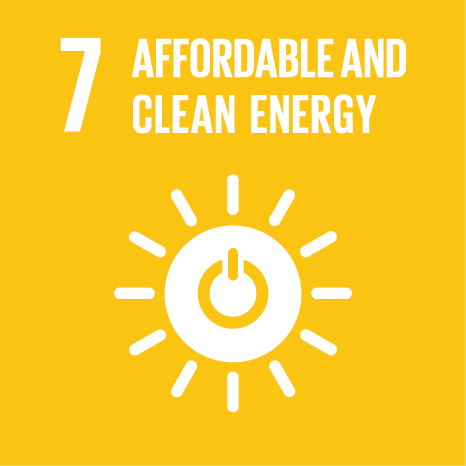Ciência_Iscte
Publications
Publication Detailed Description
Is carbon lock-in blocking investments in the hydrogen economy? A survey of actors' strategies
Journal Title
Energy Policy
Year (definitive publication)
2010
Language
English
Country
United Kingdom
More Information
Web of Science®
Scopus
Google Scholar
Abstract
The difficulty of introducing hydrogen and fuel cells in the market stems from the fact that they are not an evolutionary innovation such as biofuels or hybrid cars. Instead they create a disruption in technological utilization. The domination of oil technologies sets a socio-economical context favoring actors involved in the current paradigm, and gives less opportunity to alternative fuels to develop and challenge the status quo. If this hypothesis is correct, then companies interested in the hydrogen economy would not become active because of an unstable context or contradictory interests concerning the replacement of the present system. A review of actions and announcements of main actors shows that technology readiness and the absence of infrastructure are the major justifications to delay investments. Some measures are discussed, which could be deployed in order to reduce uncertainties, such as regulation of carbon emissions from cars, technological subvention, and partnerships for infrastructure implementation.
Acknowledgements
--
Keywords
New institutional economics,Technological change,Hydrogen
Fields of Science and Technology Classification
- Earth and related Environmental Sciences - Natural Sciences
- Environmental Engineering - Engineering and Technology
- Social and Economic Geography - Social Sciences
Contributions to the Sustainable Development Goals of the United Nations
With the objective to increase the research activity directed towards the achievement of the United Nations 2030 Sustainable Development Goals, the possibility of associating scientific publications with the Sustainable Development Goals is now available in Ciência_Iscte. These are the Sustainable Development Goals identified by the author(s) for this publication. For more detailed information on the Sustainable Development Goals, click here.

 Português
Português




